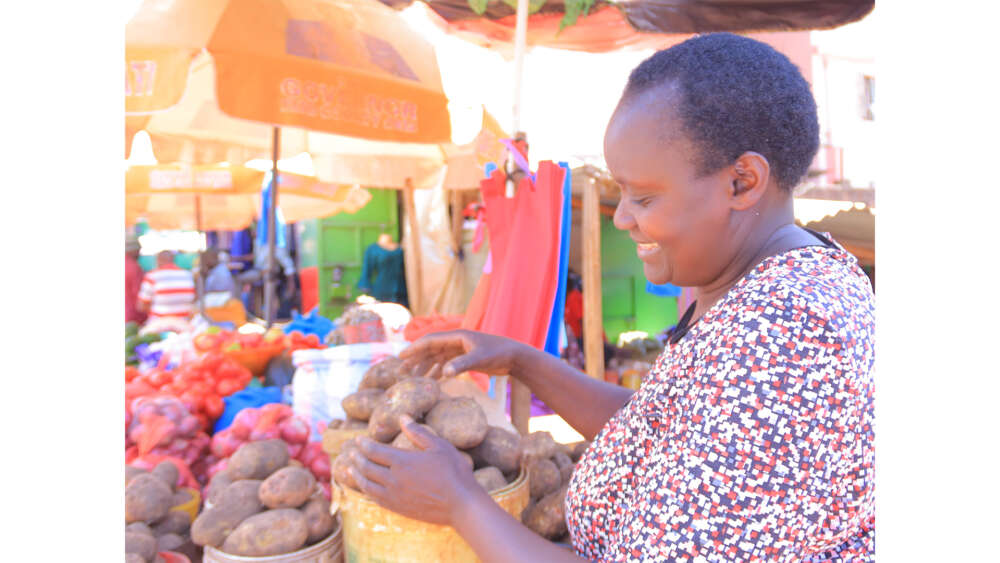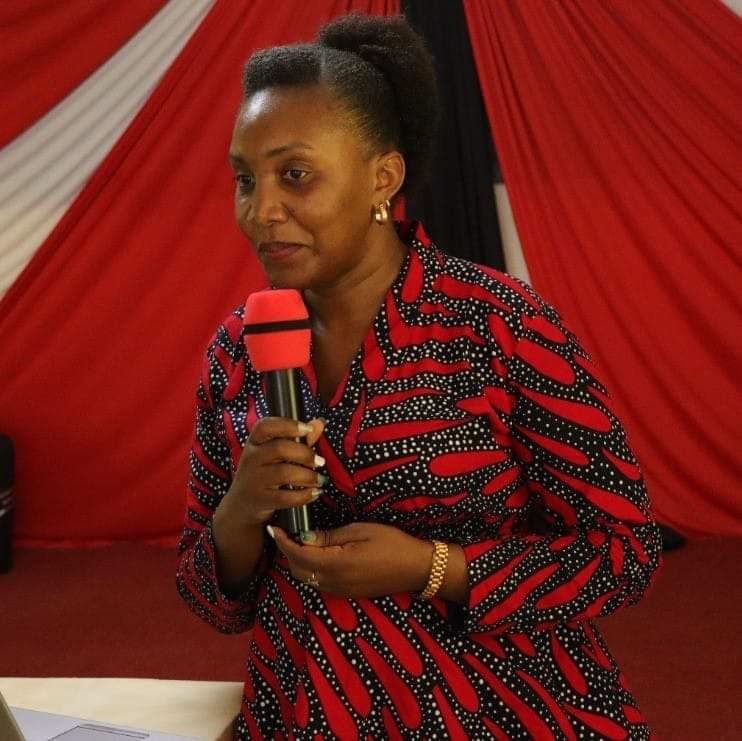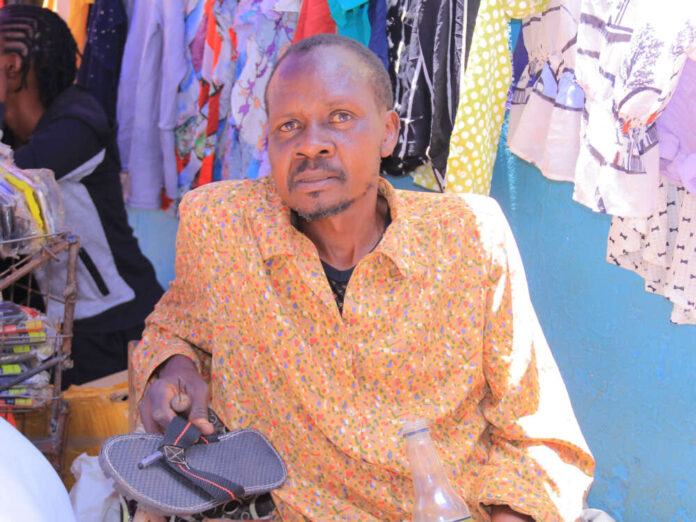By Elizabeth Angira, Devreporter, Kisii County

Robinson Omwenga, from Metamaywa, Nyamira County, started feeling unwell in 2000. Although in public he appeared well with a smile on his face, he was silently battling mental health challenges.
While suffering mental health, Omwenga says, he felt lonely even in crowded places.
“Anxiety gnawed at my mind making even the simplest of the tasks such as getting out of bed, eating or engaging in social interactions feel like impossible mountains to climb,” Robinson explains.
Mental health conditions pose major challenges to the wellbeing of individuals and threaten social-economic development of Kenya, Africa and the world.
The World Health Organization (WHO) says mental health is a state of mental well-being that enables people to cope with life, realise their potential, learn, work, and contribute to their communities.
According to the global agency, a mental disorder or a mental health condition is a clinically significant disturbance in an individual’s cognition, emotional regulation, or behaviour. There are many different types of mental disorders.
“In 2019, one in every eight people, or 970 million people around the world were living with a mental disorder, with anxiety and depressive disorders being the most common,” WHO says.
In the post-Covid-19 period, WHO says, more than 116 million people in Africa had mental health conditions.
The Kenya Demographic and Health Survey (KDHS) 2022, which the Kenya National Bureau of Statistics (KNBS) released in July 2023, says that in the period, 4 % of women and 3 % of men aged 15-49 presented symptoms that doctors or other healthcare workers attributed to depression or anxiety.
Causes of Mental Health
“Mental health illness is a result of various issues that accumulate over time,” Dr. Mary Njuguna, a psychiatrist in Kisii County, says, adding that “these issues can be classified into biological, psychological, and social factors.”
Effects of Stigma and Silence
American Psychiatric Association (APA) says more than half of people with mental illness avoid or delay seeking treatment for fear of being negatively judged or losing their jobs.
No wonder Robinson kept silent.
“I turned to drinking to lessen my pain, but my wife left me,” the 45-year-old says matter-of-factly.
Suicide
“I need help,” Robinson told a friend before checking into a rehabilitation centre.
However, when this did not seem to work, he contemplated suicide.
“I contemplated committing suicide to get it over with” he confesses, adding that it was “a friend who talked me out of it.”
Rose Moraa, another mental health survivor, says that she started experiencing strange symptoms, which included talking to herself and hearing sounds.
“Loneliness led me to contemplate taking my own life,” the 65-year-old mother of five who later sought medical help in 2012, says.

Acceptance
Eventually, Robinson sought help of a therapist in 2010. In the process, he says, he discovered he was not the only one battling the condition.
Thereafter, he decided to share his experiences with the world.
Challenges
Dr. Mary Njuguna, the Kisii County mental health focal person, says the fight against mental illness in the country is hindered by many

Coping with Mental Mealth
Joyce Kwamboka, a Kisii resident, says that there has been a reduction in the stigma associated with mental health.
She mentions that more people are willing to talk openly about their struggles with mental health, adding that public awareness campaigns have helped reduce stereotypes associated with mental health disorders.
She notes that the society is becoming more empathetic towards those with mental health challenges.
Many people now understand that mental health issues are not a sign of weakness but rather a part of the human experience.
Kwamboka says that advocacy groups and organisations working in the area of mental health are working tirelessly to raise awareness, provide resources, and advocate for policy changes to improve mental health care.
John Mokua, also an area resident, says that most people suffering from mental health conditions seek professional help through therapy and counselling to learn coping mechanisms and strategies to manage their conditions.
Mokua added that a strong support system, including friends and family, is crucial in helping individual coping with mental health challenges.
Moraa adds that people are slowly changing, and have started to embrace healthy lifestyle choices such as regular exercises, eating balanced diet, and having sufficient sleep, which contribute to better mental health.
She further added that they are practicing self-care activities like mindfulness, meditation, and relaxation techniques to manage stress and anxiety.
Dr Njuguna says that they have support groups and peer networks that provide valuable understanding and a sense of community for those dealing with mental health issues.






